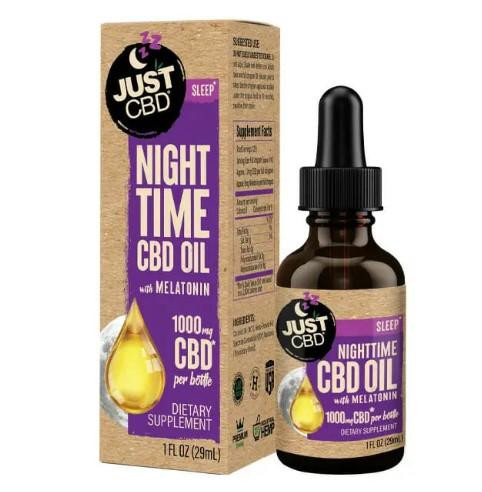In recent years, CBD oil has surged in popularity, touted as a natural remedy for a variety of ailments. Cannabidiol (CBD) is a non-psychoactive compound found in cannabis plants, distinct from its more famous cousin, THC (tetrahydrocannabinol), which is known for its psychoactive effects. With a growing body of research and a plethora of anecdotal evidence, Cbd oil has gained attention for its potential health benefits. However, like any supplement, it comes with both potential advantages and risks.
The Benefits of CBD Oil
Pain Relief One of the most well-documented benefits of CBD oil is its ability to relieve pain. Studies suggest that CBD interacts with the endocannabinoid system in the body, which plays a role in regulating pain and inflammation. People with chronic pain conditions, such as arthritis or multiple sclerosis, have reported significant relief after using cannibis tincture.
Anxiety and Depression Mental health disorders like anxiety and depression can have a debilitating impact on quality of life. Traditional treatments often involve pharmaceuticals with a range of side effects. CBD oil has shown promise as a natural alternative, with some studies indicating it can reduce anxiety and depression by influencing serotonin receptors in the brain.
Neuroprotective Properties CBD’s potential neuroprotective properties are of particular interest in the field of neurology. Research has shown that CBD may help in the treatment of neurological disorders such as epilepsy and multiple sclerosis. The FDA has even approved a CBD-based drug, Epidiolex, for treating certain types of epilepsy.
Heart Health Emerging research suggests that CBD oil may benefit heart health. Its anti-inflammatory and antioxidant properties can help reduce the risk of heart disease. Some studies have also found that CBD can lower high blood pressure, which is a significant risk factor for a variety of cardiovascular conditions.
Skin Health CBD oil is increasingly found in skincare products, praised for its anti-inflammatory and sebum-reducing effects. It may help treat conditions like acne and psoriasis, promoting clearer and healthier skin.
The Risks and Side Effects of CBD Oil
Despite its potential benefits, CBD oil is not without risks and side effects. It's important for consumers to be aware of these before incorporating CBD into their health regimen.
Lack of Regulation The CBD market is largely unregulated, which means that product quality can vary significantly. Consumers may encounter products that contain less CBD than advertised, or that are contaminated with THC or other substances.
Drug Interactions CBD can interact with other medications, potentially altering their effectiveness or causing adverse effects. It's crucial for individuals on medication to consult with a healthcare professional before using CBD oil.
Side Effects Some users of CBD oil report side effects such as dry mouth, diarrhea, reduced appetite, and fatigue. While these are generally mild, they can be bothersome for some people.
Legal Issues The legal status of CBD varies from place to place. In some regions, CBD products are legal only if they contain no THC, while in others, even trace amounts of THC are permitted. It's essential to understand the legal regulations in your area before purchasing or using CBD oil.
Conclusion
CBD oil presents a fascinating opportunity in the realm of natural health supplements. Its potential benefits for pain relief, mental health, neuroprotection, heart health, and skin conditions are compelling reasons for its popularity. However, the lack of regulation, potential for drug interactions, side effects, and legal complexities highlight the need for caution and informed decision-making. As research continues to evolve, it will be crucial for consumers to stay updated and consult healthcare professionals to maximize the benefits while minimizing the risks associated with CBD oil.
For more info visit our website :-





Comments